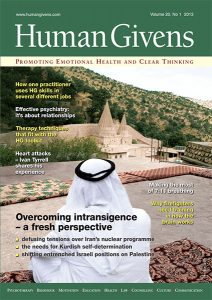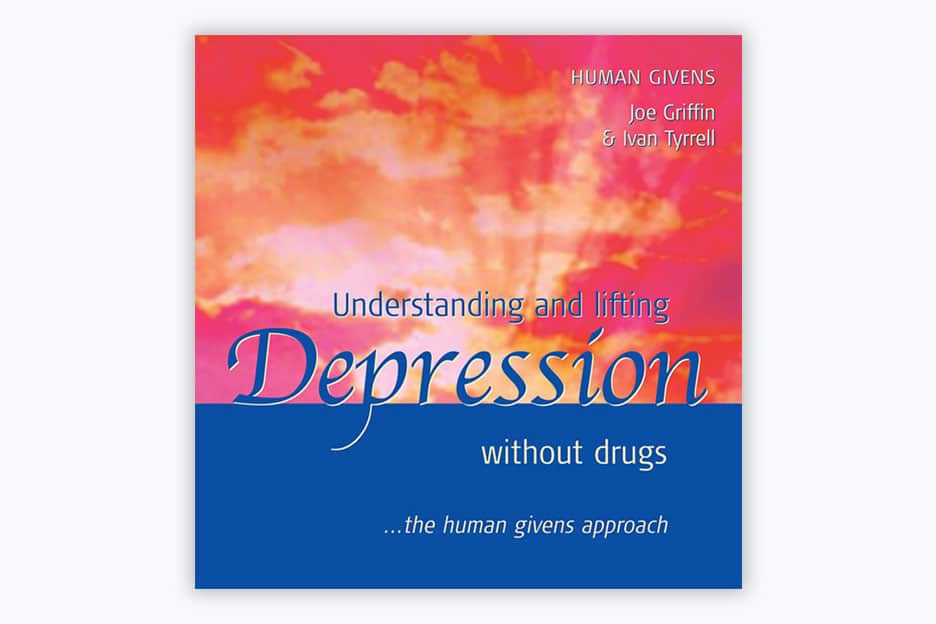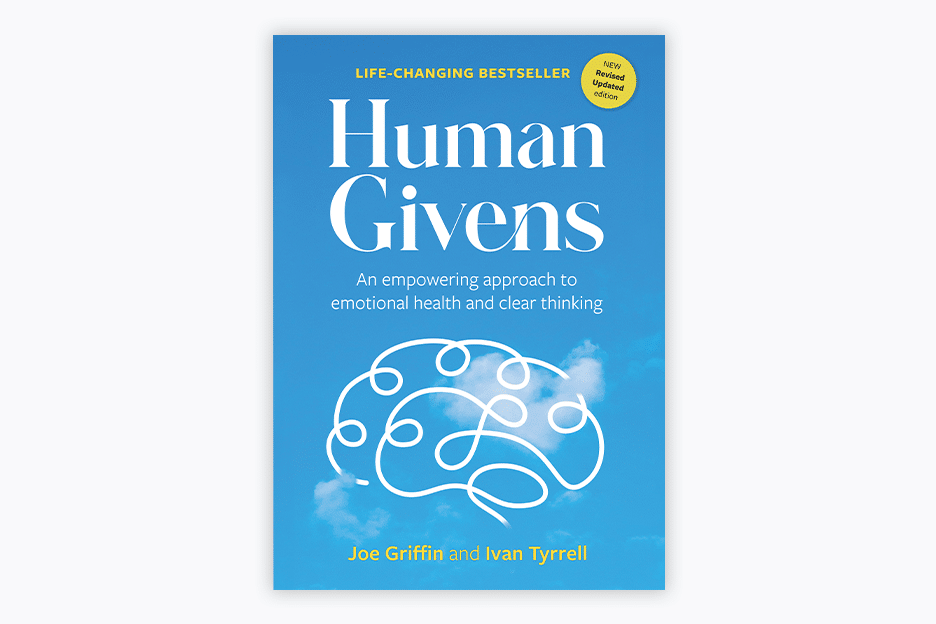Meaningful Patterns
Recognising underlying patterns in things may contribute to a sense of meaningfulness in life, suggest psychologists from the University of Missouri. In the first of a series of experiments, 77 men and women were asked to look at 16 photographs, four depicting each season of the year.
To ensure the photos were looked at closely, the researchers asked participants to rate the contrast in each and pick out the predominant colour. Half of those taking part saw the seasons in order; the rest saw them randomly presented. Afterwards, all completed questionnaires determining their sense of meaning in life. Those who had seen the seasons in natural order rated their sense of meaningfulness more highly.
In a second experiment with new participants, an ‘arbitrary’ pattern was introduced – some saw the seasons presented backwards; those who perceived any pattern rated their sense of meaningfulness in life more highly than those shown the random order.
The link between meaning and coherent pattern was not restricted to natural order. Later experiments required new participants to read 10 triads of words, supposedly as part of a reading speed test. In fact, the relevant factor was that, for half of the participants, each word in the triad had a common ‘associate’ (for instance, ‘falling, actor, dust’ – star) while the others saw random groups of words, such as ‘belt, deal, nose’. (Previous studies have shown that people can discriminate coherent triads from incoherent triads, even when the words are presented too rapidly for the common associate to be consciously identified.) Again, those presented with words that had a pattern rated their lives as more meaningful than those presented with random words, even though the pattern was not consciously detected.
“The experience of meaning is often conceptualised as involving reliable pattern or coherence. Meaning in life tells the individual when the world is making sense,” say Heintzelman and colleagues. Although they acknowledge that there are many other aspects to existential meaningfulness, they speculate that “meaningfulness ‘feels’ the same, whether it emerges from environmental stimuli or goal-directed behaviour.”
Reference
Heintzelman, S J, rent, J and King, L A (2013). Encounters with objective coherence and the experience of meaning in life. Psychological Science, doi: 10.1177/0956797612465878






